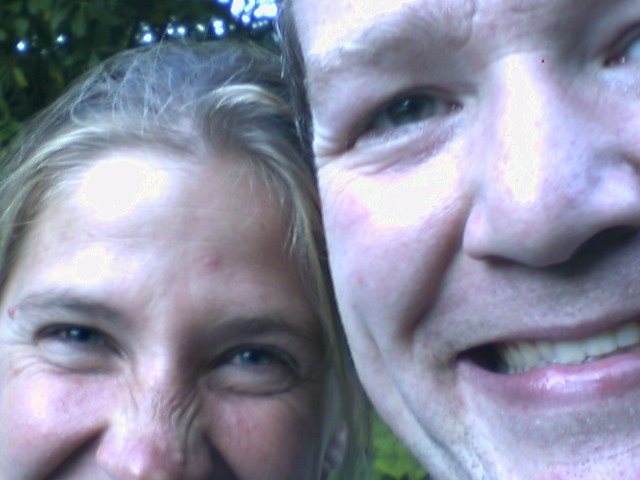Losing Moses on the Freeway
I was so impressed, and disturbed, by this article by Chris Hedges that I ordered his Losing Moses on the Freeway, which I rather suspect I am going to immensely enjoy and rather be moved by. Thought I share an excerpt from the opening chapter with you. The chapter is entitled:
Decalogue I "Mystery"
I stand across from the Mission Main and Mission Extension Housing Project in Roxbury on a muggy July night. Scattered streetlights cast out dim yellow arcs on Parker Street. The remaining slate-gray metal poles, with their lamps shattered by rocks, leave the strip of asphalt gap-toothed, with lonely outposts of pale spotlights and long stretches of darkness. The unlit stretches are uncharted oceans of fear. They are filled with dangers imagined and real. At night, in the ghetto, I cling to light.
Parker Street is rutted and potholed. It rises and falls with the scars of old frost heaves. Newspapers, broken beer bottles, pieces of cardboard and plastic bags line the gutters. The triple-decker houses, cut into overcrowded apartments, are inhabited mostly with families from the Dominican Republic. The noise of people crushed together in small spaces, the shouts, the crying of children, the smell of fried food spill out into the street. Music with a Caribbean beat plays through several of the open windows.
The pale specter of television sets, the great Leviathan of modernity, the tool that teaches us to speak and think and cuts us off from our neighbors, sends out flickering images that reflect in the window panes. At night, striding up Mission Hill, it is often all I see, window after window, as if we are infected with a plague.
This has been my world for over two years. It will be my world no more. I am leaving, leaving not only Roxbury but seminary, leaving the church. I am turning on all that has formed me. I have buckled under its weight. No more will I preach the Sunday sermons, sitting up late Saturday night as I write my words on yellow legal sheets. No more will I help carry in the coffins of those I buried, lifting the thin strip of paper from the faces of the dead when I open the box for viewing. No more will I ride the subway to Cambridge to sit through seminars on theology or the psalms or the Bible. No more will I divide up passages in the Hebrew Bible with colored flares into the various sources identified by scholars, the academic evisceration of the word. All this is over.
I heave an empty bottle against the wooden doors of the Gloucester Memorial Presbyterian Church in Roxbury. The bottle splinters. I have watched children break bottle after bottle against walls and pavement. Destruction is the way these children affirm themselves, fight back against the forces above them. These are weak, symbolic protests born of rage and pain. They destroy. I sweep up. This is the pattern.
The long slow drip of oppression and abuse, which strips human beings of dignity, was unknown to me until I moved to the ghetto. I sympathize on this night with the rock throwers. I sympathize although I spend hours every week removing the signs of their pathetic protests. I know most will lose. I know the ghetto will win. I know most of those born poor stay poor. And I know I will protect myself if they turn on me. I can easily cross the barrier that hems them in like sheep. I can turn to the instruments of control and oppression—the police, the courts, the probation officers—for protection when I am afraid. I am not one of them. I will never be one of them. I am the enemy.
I look at the shards of broken glass. I look at the hulking, dimly lit red brick church. I look at the desolate holes of darkness in the street, which always fill me with dread. All my dreams of being an inner-city minister, all my illusions about myself, the one who comes to save and care for others, the one who will be blessed and loved and honored for goodness, lie in little pieces on the ground. I have seen, through their eyes, the image of myself. It is not an attractive sight. It is not who I thought I was. It is not who I want to be.
"Now," I say softly, "I am on your side."
It is an act of apostasy. It is meant to mark my switch from the side of those who attend my church to those whom my tiny, dysfunctional congregation, although mostly African-American, look at with open disdain, those whom they dismiss as "the animals." It is meant to mark my break from institutions that overtly or subtly mete out oppression, including the various religious institutions that formed me. The breaking of the bottle is meant to be an ending, a final conclusion to a life spent in the powerful and claustrophobic embrace of the church. It is meant to be a break from God. But you trade one god for another. This is how life works. We all have gods.
If I could write like this, I'd quite my day job and take up as an author. "Wow" is all I can say.


No comments:
Post a Comment